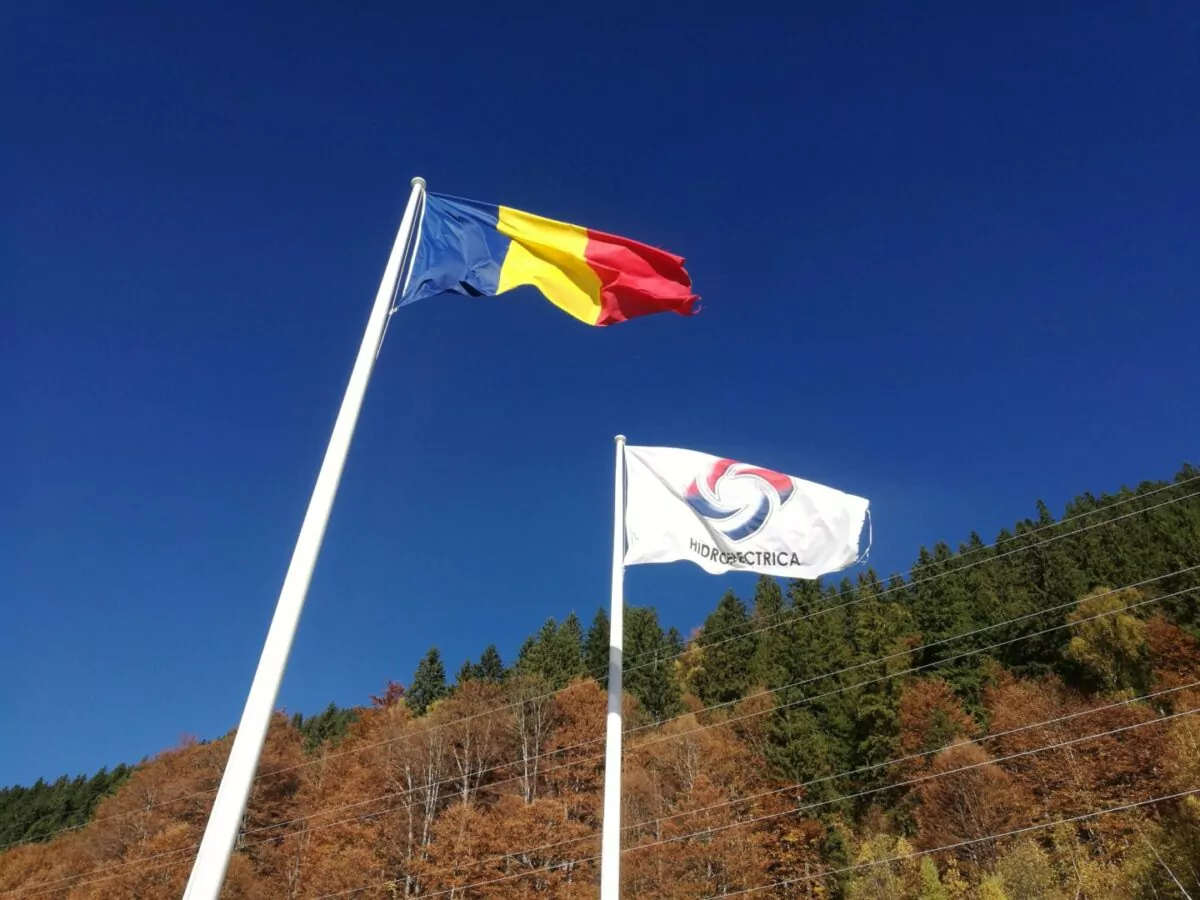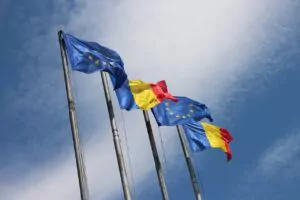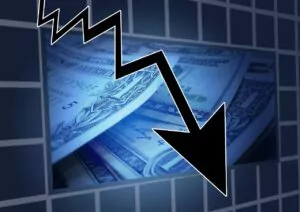Energy producer Hidroelectrica will start paying additional dividends of 1 billion lei from reserves at the end of this month, of which the state will receive 800 million and the Property Fund (PF) 200 million, allowing the Energy Ministry to start partially compensating the gas and electricity bills of the population and SMEs.
Urmărește mai jos producțiile video ale Economedia:
- articolul continuă mai jos -
The 800/200 split is in line with the shares held by the state and the PF in Hidroelectrica.
“In accordance with the GA decision in May, at the end of this month, we start paying dividends of 1 billion lei. The majority shareholder – the state decides what to do with these amounts. Theoretically, we transfer them to Finance, but, of course, if the Government / Ministry of Energy wants to use this money to compensate the bills of the population, then I suppose that Finance can establish a special destination for these amounts,” explained, for Economedia.ro, Bogdan Badea, director of Hidroelectrica.
Asked if he expects that these will not be the only amounts that Hidroelectrica will pay as additional dividends by the end of this year, Badea says that the shareholder has the right to make such requests, if considers that the situation requires it, and the amounts are not included in the company’s investment programs.
Hidroelectrica, at the halfway point of this year, has a net profit of 1.7 billion lei on a turnover of 3.3 billion lei. Director Badea says that these results, double compared to last year, are not due to the high cost of electricity on the markets, but to a very good hydroelectricity this year. “We have long-term contracts, signed since last year, most of our contracts are of this type. We don’t speculate, as unfortunately other producers do. We have a production of 10 TWh, compared to 7 TWh last year, hence the results.”
As electricity and gas prices have reached historic highs, the Government has decided to partially compensate the bills of Romanians and SMEs. The PSD opposition insisted on a price cap and even tabled a bill in parliament, citing the example of European countries such as Spain. However, the measure that remains the most likely to succeed is this compensation proposed by the Government.
It will apply from 1 November for both household and non-household consumers, as SMEs and small businesses must be taken into account, Prime Minister Florin Cîțu said on Thursday.
“At this point, I want to make sure that what we do on the compensation side will be quick, simple and not involve the consumer a lot. And here I want to be very clear, I’m talking about household and non-household consumers, because we are talking about SMEs and small companies that do not have the same bargaining power as a large company. So we are talking about both the household and the non-household consumer. The solutions will be for both categories and we will have this solution in place as soon as possible, to come into force from 1 November.” The Prime Minister said that this compensation must be “a good, simple, transparent product” to be used this winter, but also in the future “in other exceptional situations”.
The estimated impact of this measure is of 1 billion lei, in a first instance (Hidroelectrica is contributing 800 million for the time being) and will work as follows: for gas, bills will be reduced by 25%, and for electricity a reduction calculated as the difference between the average market price and the lowest price on the competitive market will be applied for consumers below a certain monthly consumption. The money will be given directly to the suppliers, who will then reduce customers’ bills proportionally. At the moment, we do not know what will happen if market prices continue to rise, i.e. if the state will have to pay even more to these companies in order to keep the discount to customers at the same percentage.
Edited for English

 Sursa foto: Hidroelectrica / Facebook
Sursa foto: Hidroelectrica / Facebook





























